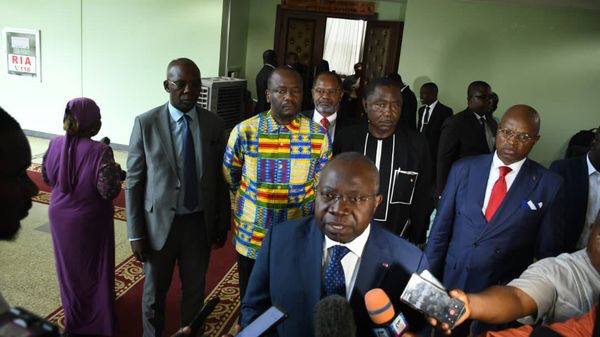The Ministry of Decentralisation and Local Development (MINDEL) is set to receive a substantial allocation of 100 billion CFA francs in the 2024 national budget, marking a notable 20% increase from the previous year. This financial commitment underscores the government’s dedication to strengthening Cameroon’s decentralisation process and empowering local communities.
MINDEL’s budget allocation will be strategically directed towards three key areas:
- Strengthening Local Governance:
Resources will be channeled into capacity building for elected officials and civil servants at the local level. The aim is to enhance transparency and accountability mechanisms while promoting active citizen participation in decision-making processes. - Boosting Infrastructure Development:
The budget will prioritize the construction and rehabilitation of essential infrastructure in rural and semi-urban areas. This includes roads, bridges, markets, schools, and healthcare facilities, with the goal of improving access to basic services and stimulating local economic growth. - Supporting Local Economic Development:
MINDEL intends to invest in initiatives that empower local communities to identify and leverage their unique resources and potential. This involves promoting agricultural productivity, fostering the development of micro and small enterprises, and implementing skills training programmes tailored to local needs.
However, the budget allocation has sparked significant criticism, particularly in light of the deteriorating state of social infrastructure in Cameroon. Many regions lack proper roads, hospitals, and schools, with some children still attending classes under trees.
The absence of good farm-to-market roads is contributing to the daily perishing of food items on farms. Some food products take up to two weeks to reach the market, often in suboptimal conditions.
The criticism further highlights the challenges faced in healthcare, where a high number of deaths are recorded due to the lack of adequate materials in hospitals. Despite the annual allocation of billions for the construction of better healthcare facilities, the situation remains dire.



